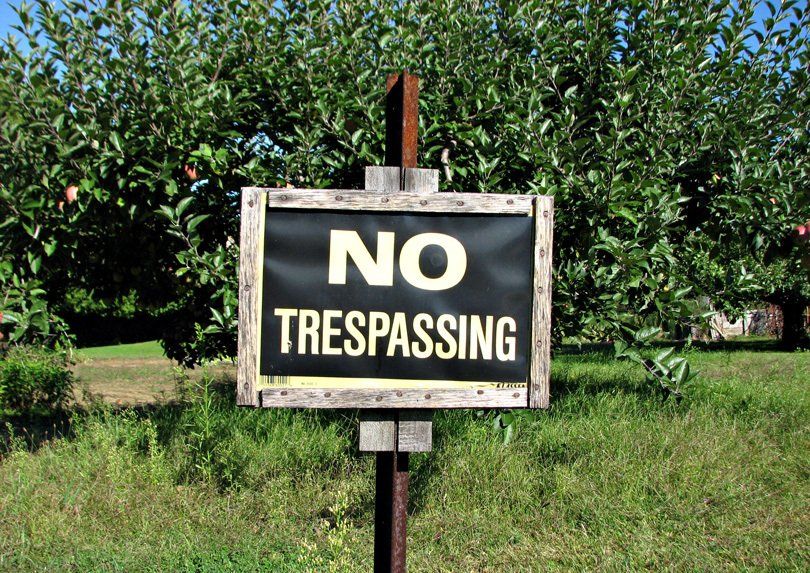1MG FlippingBooks
Farm invaders face jail time
This is a subtitle for your new post
The Coalition government has introduced new legislation which if passed, would see animal activists potentially face time in jail for invading farms.
The Criminal Code Amendment (Agricultural Protection) Bill 2019 makes it a criminal offence to incite trespass, property damage or theft on agricultural land. Under the proposed laws, offenders face penalties of up to five years’ imprisonment for damaging property, or theft, and up to 12 months for trespassing.
By making it an offence to use a carriage service to incite others to commit trespassing, theft, or property damage, those organising the invasions face the same consequences as those who trespass. By including the requirement that a carriage service is used, it also brings the offence under Commonwealth, or federal law, as opposed to a matter for the states.
This new legislation responds to the recent surge in anti-farm action , which has seen numerous incidents of large groups trespassing on farming property and harassing farmers.
This directly targets animal rights organisations such as Aussie Farms, which published an interactive online map of all farm locations in Australia. Despite the group claiming it does not condone its map being used to trespass, a recent Facebook video shared on the group’s page displays vegan activists stealing five calves from an Australian business.
“There must be consequences for this unacceptable behaviour,” Attorney-General Christian Porter says. “Farmers should not be subjected to the illegal invasion of their property and their privacy.”
Minister for Agriculture , Bridget McKenzie, says the Bill sends a clear message to animal activists. “These laws are necessary to protect farmers and their businesses – most of them small family businesses – from potential trespass, property damage, theft and biosecurity breaches, and the substantial loss of income that could follow,” she says.
The proposed protections have been welcomed by various industry bodies including the National Farmers’ Federation (NFF), NSW Farmers and the Victorian Farmers Federation (VFF).
“This sends a strong message to those extremists who are actively rallying volunteers to go onto farms and harass and intimidate, that their antics will not be tolerated,” says NFF President Fiona Simson. “We welcome visitors, arranged through the appropriate channels, and are more than happy to engage with those who take an interest in farming – but trespassing on private property is not the right approach.”
NSW Farmers President James Jackson considers that the proposed legislation is desperately needed. “Every day without action leaves our farmers and their regional communities vulnerable to these criminals,” he says.
“We will be closely following this Bill as it passes through the Parliament, and hope that it is enshrined in law as soon as possible,” says VFF President David Jochinke.
Minister McKenzie has also called on state and territory governments to increase penalties for trespass to further deter animal rights activists, a move which NSW Farmers has supported to ensure farmers can feel safe.
“We need a strong and nationally consistent approach to ensure all farmers have equal protection,” Mr Jackson says.
The Bill has now been referred to the Senate Legal and Constitutional Affairs Legislation Committee , which will report on the Bill by Friday 6 September 2019.















